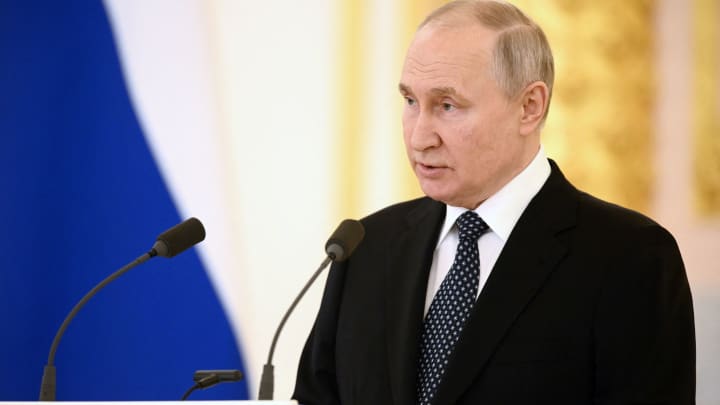Russia is considering its most significant tax overhaul in nearly 25 years as a means to finance the ongoing war in Ukraine. The proposed changes aim to increase state revenue amid mounting military expenditures and economic sanctions. This fiscal strategy, crafted by the Russian government, involves raising various taxes, including corporate and personal income taxes, as well as value-added tax (VAT).
The overhaul is designed to bolster the federal budget, which has been strained by the prolonged conflict and the extensive costs associated with military operations and logistics. Additionally, the economic sanctions imposed by Western nations have severely impacted Russia’s financial resources, prompting the need for alternative revenue streams.
The proposed tax increases are expected to affect a broad spectrum of the Russian population and businesses, potentially leading to higher living costs and operational expenses. Despite the anticipated public discontent, the government argues that these measures are necessary to sustain the country’s defense capabilities and support the war effort.
Economic analysts predict that while the tax hikes may provide short-term financial relief, they could also stifle economic growth and investment, exacerbating the challenges faced by the Russian economy. The final decision on the tax reforms is pending approval from the Russian parliament, with debates expected to be intense given the controversial nature of the proposal.
Share your views in the comments

